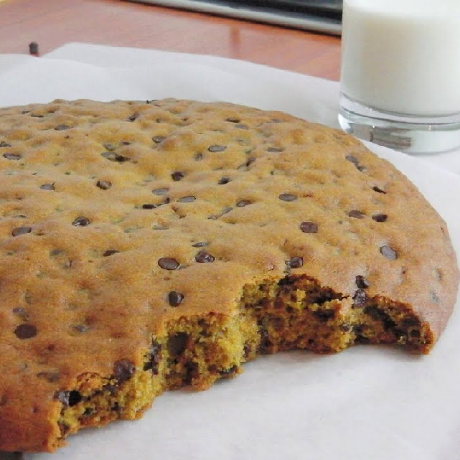Zheng said the grease accumulated so much over the summer that it broke off in chunks and damaged the district’s wastewater treatment plant, costing about $25,000 to repair.
“These fatbergs can really damage our infrastructure and require costly repairs. They can also cause sewer backups where you have raw sewage coming into homes and businesses.”


Can you name some that actually are?
Because everything I’ve read says they’re not. They may not damage your septic tank or internal home plumbing, but they cause problems in the city sewer, including greatly contributing to fatbergs.
https://www.nacwa.org/news-publications/news-detail/2019/12/02/are-flushable-wipes-really-flushable
https://www.thespruce.com/are-flushable-wipes-really-flushable-5191412
https://mountvernonwa.gov/951/Are-Flushable-Wipes-Really-Flushable
https://www.greenamerica.org/blog/are-flushable-wipes-really-flushable
https://www.scottenglishplumbing.net/blog/4-reasons-why-you-shouldnt-flush-wet-wipes-down-the-toilet
If you look it up for yourself, you’ll find scores more. It’s an inconvenient truth, but this was big in the headlines after a huge fatberg caused major issues in London and it was deemed a major part of the problem was ‘flushable’ wipes.
e: a quote from the BBC: ‘None of the flushable wipes marketed as “flushable” in the UK actually passed their rigorous testing.’ – and the standards there have been higher than in Canada.
Cottonelle’s wipes meet the IWSFG’s standards for flushable products. They didn’t always, and the change to their wipes was part of a settlement related to damaging a treatment plant in Charleston SC. But at this point they are actually legitimately safe for sewage systems.
https://www.familyhandyman.com/article/are-flushable-wipes-really-flushable/
It does seem that they’re the exception though.
That’s good to know, thanks, especially since I do buy Cottonelle for spot washing. I’ve never flushed them, but it’s nice to know they’re not obnoxious like the rest.